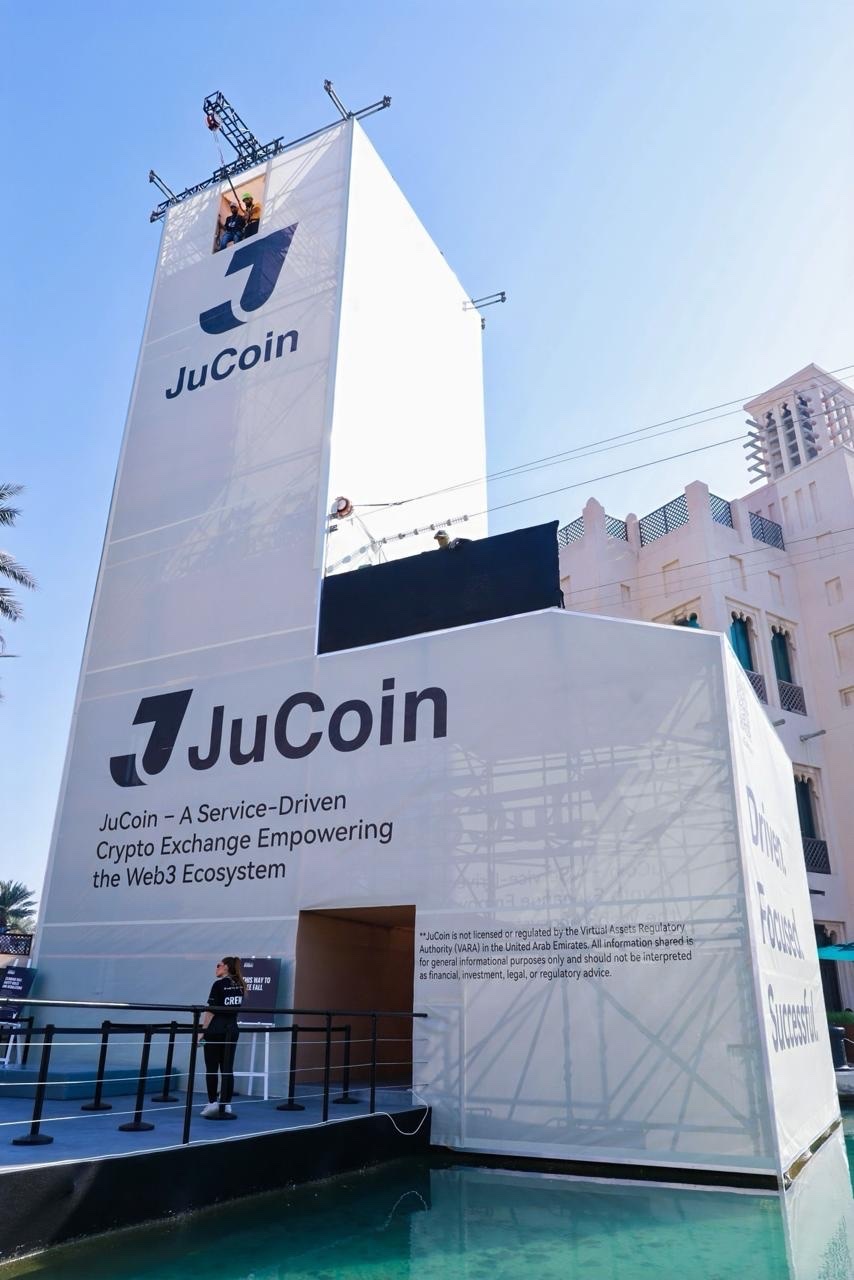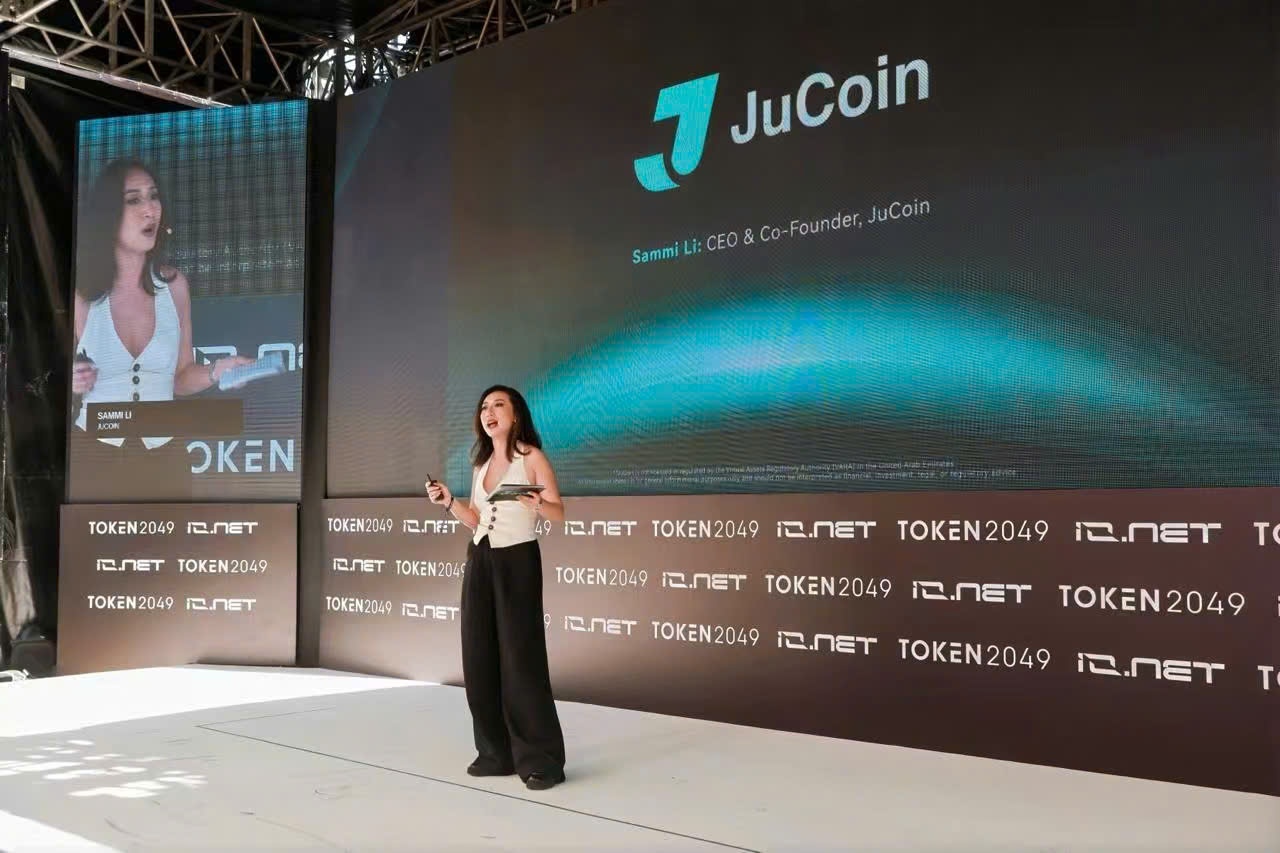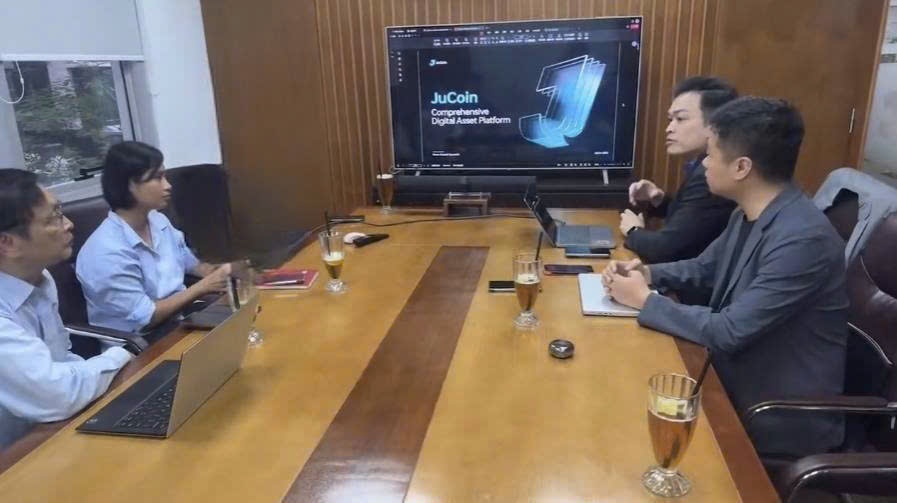INTERNATIONAL INVESTMENT
AND PORTAL

With around 17 million people owning or trading digital assets and transactions reaching $1 trillion last year, Vietnam ranks among the world’s leaders in adoption. The country is in the global top five for interest in digital assets, top three in the use of international exchanges, and top six in decentralised finance (DeFi), with the domestic market valued at over $100 billion. Despite this momentum, an incomplete legal framework remains a barrier, limiting businesses and startups from fully realising their potential.
Once the legal framework is clear, it will protect users, promote trust and help Vietnam become a regional fintech hub. The government has already taken strong steps to address this bottleneck.
Last October, prime minister approved Decision No.1236/QD-TTg, issuing the National Blockchain Strategy to 2025 with a vision to 2030. At the same time, during its eighth session, the 15th National Assembly debated the draft Law on the Digital Technology Industry, which for the first time included provisions on digital assets – covered in four of its 73 articles.
In June, the National Assembly approved the Law on Digital Technology Industry, marking an important turning point in the process of shaping the digital asset market in Vietnam. Experts said that this step will create new opportunities for the digital asset industry by encouraging innovation and ensuring transparency and safety for investors.
"The early promulgation of this law shows Vietnam's long-term vision in actively grasping and dominating strategic technologies, instead of just importing and applying technology as before," said Tran Huyen Dinh, chairman of the Fintech Application Committee of the Vietnam Blockchain and Digital Assets Association.
"For the first time, concepts such as digital assets, virtual assets, and cryptoassets are clearly defined in the law, creating a solid legal foundation for an industry that is expanding rapidly worldwide. This marks a legal milestone and signals Vietnam’s readiness to open a potential market worth hundreds of billions of dollars," he added.
Furthermore, the Law on Digital Technology Industry provides a basis for attracting foreign investment. A clear and transparent legal framework will give international investors greater confidence in Vietnam’s digital asset market, addressing the uncertainty that prevailed when the sector operated without clear regulations.

For businesses in digital technology, fintech, and blockchain, the recognition of digital assets in legal documents will legitimise activities such as capital raising, international partnerships, business valuation, and the development of innovative products.
More importantly, the Law on Digital Technology Industry, together with government initiatives such as Resolution No.222/2025/QH15 on developing Vietnam as an international financial centre and Decision No.1131/QD-TTg listing strategic technologies and products, demonstrates the government’s clear vision and consistent efforts to build a supportive legal ecosystem while advancing high-tech development.
However, to unlock this potential, it is urgent to promptly issue implementing documents, such as decrees and guiding circulars, to clarify regulations and ensure coordinated, practical application.
Deputy Minister of Finance Nguyen Duc Chi said at the government’s press conference in early August, "The Ministry of Finance is preparing a draft decree to pilot digital asset transactions. We have studied experiences from countries in the region and around the world. Following guidance from the politburo and the government, we aim to finalise the draft and submit it for approval and promulgation very soon."
The pilot framework for the cryptoasset market is now largely complete, covering criteria for selecting participating organisations, technical standards, operating procedures, and the financial capacity and expertise of service providers.
Once the specific criteria are finalised, the MoF will publicly announce the conditions for eligible organisations. During the pilot phase, multiple exchanges will be allowed to operate to foster healthy competition, though the number will be kept at a manageable level to ensure effective monitoring and evaluation.
A key aspect of the plan is the MoF’s encouragement of private-sector participation in providing cryptoasset services. This aligns with the spirit of Resolution 68 on private economic development and creates opportunities for capable and innovative businesses to enter this emerging field.
For businesses, a clear, stable, and transparent legal framework helps establish compliance strategies and encourages technology transfer as well as the development of digital financial products – from DeFi and stablecoins to central bank digital currency – all within the scope of Vietnamese laws. This provides the foundation for a vibrant, transparent, and sustainable digital asset ecosystem.
In recent years, blockchain projects founded by Vietnamese entrepreneurs have started to gain international recognition for both their technology and scale. The country also benefits from competitive costs, a young workforce, and rapid adaptability.
To attract investment and expand the digital asset market, the Vietnam Internet Association (VIA) and the Department of Telecommunications under the Ministry of Science and Technology held a working session with Ju Group in Hanoi recently. Ju Group is the world’s first technology company to operate a service-oriented digital asset exchange.
During the meeting, the VIA and the Department of Telecommunications explored potential cooperation at the Internet Day exhibition in December, which will focus on collaboration, support, and knowledge sharing with Vietnamese partners in digital asset exchange.

Key areas of cooperation include developing institutional and regulatory frameworks, workforce training, and building the infrastructure and technology needed to operate and manage exchanges effectively.
The VIA and the Department of Telecommunications also proposed that Ju Group (https://www.ju.com/en) send experts to support the development of a safe, healthy, and effective cryptocurrency market.
Ju Group’s management echoed this view, noting that the recent transformation in digital assets has been driven by capital flows and technology, as well as shifts in the perceptions of society and regulatory authorities.
They highlighted Vietnam as a strategic market with strong growth potential and said the group would leverage its expertise in technology and digitalisation, as well as organise exhibitions, to help Vietnamese partners enhance their competitiveness in the digital era.
 Blockchain regulation and growth in focus at GM Vietnam 2025
Blockchain regulation and growth in focus at GM Vietnam 2025
GM Vietnam 2025 brought together policymakers, industry leaders, and investors in Hanoi for in-depth discussions on the regulatory, security, and market dynamics shaping blockchain and digital assets.
 Excitement in store after recognition of digital assets
Excitement in store after recognition of digital assets
This year is a pivotal one for blockchain and digital assets, as more jurisdictions move to formally recognise their place in the financial system. Thuat Nguyen, founder and CEO of Kyros Ventures, offered his expectations to VIR’s Phuong Thu for the forthcoming legal framework, and how it could reshape the country’s role in the global digital economy.
 Digital transformation policy clarity opens door for blockchain hub target
Digital transformation policy clarity opens door for blockchain hub target
Vietnam is positioning itself as Asia’s next blockchain hub, especially in the digital asset economy, backed by new regulations and strong investor confidence.



















